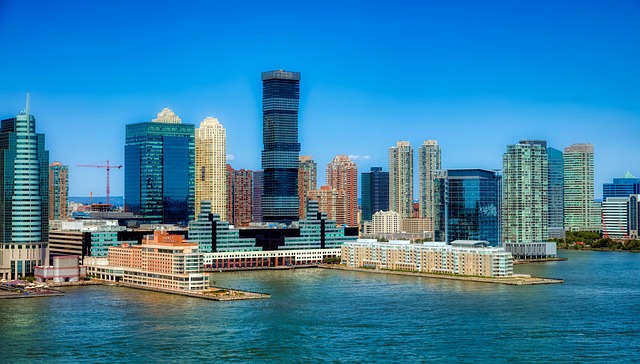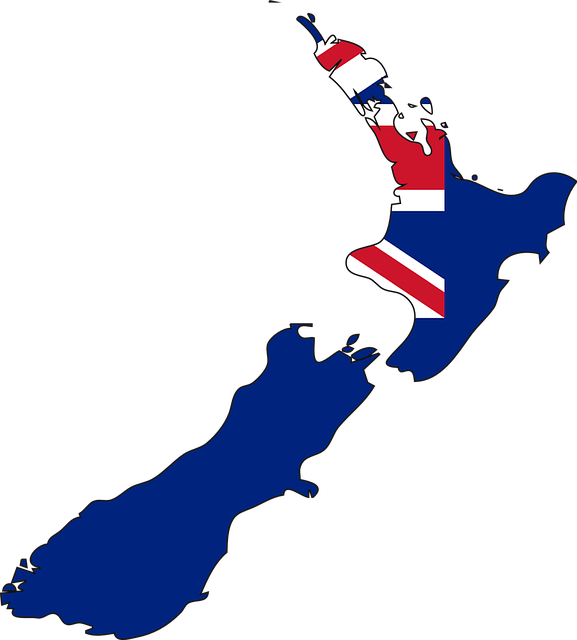Karachi, Pakistan's economic powerhouse, faces urban challenges like traffic congestion, pollution, and inadequate sanitation due to rapid urbanization. To address these issues, smart city technologies, sustainable practices, and community engagement are vital. Collaborative initiatives involving government, businesses, and residents are key to developing tailored solutions. Technology empowers residents to engage and shape their city's future. Environmental efforts, such as the 'Green Revolution', improve aesthetics and combat climate change. Quality education breaks down barriers and fosters societal change. Health initiatives focus on preventive care and community engagement, aiming for inclusive healthcare solutions. These integrated approaches aim to enhance Karachi's well-being and serve as a model for other urban centers.
In the heart of Pakistan, Karachi—a bustling metropolis and economic powerhouse—faces complex urban challenges. This article explores innovative solutions to navigate these difficulties, focusing on sustainable development and community empowerment. From environmental sustainability initiatives to groundbreaking collaborations at both local and national levels, we delve into strategies that can revolutionize Karachi’s future. By harnessing technology, education, health, and collective action, we uncover promising paths to overcome socio-economic barriers and create a brighter, more resilient Karachi.
- Navigating Karachi's Urban Challenges: Innovative Solutions for a Brighter Future
- National Collaboration: Uniting Efforts to Overcome Socio-Economic Barriers
- The Role of Technology in Fostering Community Engagement and Empowerment
- Environmental Sustainability: A Collective Responsibility for Karachi's Green Revolution
- Education as a Catalyst: Addressing Inequalities through Quality Learning Opportunities
- Health Initiatives: Building Resilient Communities, One Step at a Time
Navigating Karachi's Urban Challenges: Innovative Solutions for a Brighter Future

Karachi, Pakistan’s economic powerhouse and bustling metropolis, faces numerous urban challenges that demand innovative solutions for a brighter future. Rapid urbanization has led to significant pressure on infrastructure, services, and natural resources, exacerbating existing issues like traffic congestion, air pollution, and inadequate sanitation. The city’s diverse demographics and complex social fabric also contribute to these problems, requiring tailored strategies for effective management.
To address these challenges, Karachi can leverage technology and sustainable practices. Smart city initiatives, such as implementing intelligent transport systems to reduce traffic jams, can alleviate congestion while improving public safety. Green spaces and renewable energy projects can help mitigate air pollution and create more livable neighborhoods. Furthermore, community engagement and collaborative efforts between local governments, businesses, and residents are vital for developing long-term, sustainable solutions tailored to Karachi’s unique needs and aspirations.
National Collaboration: Uniting Efforts to Overcome Socio-Economic Barriers

In the vibrant city of Karachi, Pakistan, national collaboration emerges as a powerful tool to address socio-economic barriers plaguing its diverse communities. By fostering partnerships between government bodies, non-profit organizations, and local business leaders, there is a growing momentum to create sustainable solutions. This unified front enables the allocation of resources, expertise, and funds to tackle issues such as poverty, education gaps, and healthcare accessibility, which are often interconnected challenges in urban settings like Karachi.
Such collaborative initiatives ensure that efforts are not siloed but instead work synergistically to bring about positive change. Through shared goals and a collective sense of responsibility, national collaboration paves the way for more effective interventions, ultimately enhancing the overall well-being of Karachi’s residents and setting an example for other urban centers facing similar socio-economic hurdles.
The Role of Technology in Fostering Community Engagement and Empowerment

In the vibrant, bustling metropolis of Karachi, technology has emerged as a powerful tool for fostering community engagement and empowerment. Digital platforms and social media networks have revolutionized the way residents connect, share information, and collaborate on local issues. From organizing community events to raising awareness about social causes, these tools have enabled folks to navigate the complex landscape of urban living with greater ease.
The impact is particularly noticeable in areas where traditional community structures might be weak or fragmented. Online forums and mobile applications facilitate communication among residents, helping them to address issues like sanitation, infrastructure development, and public safety. In essence, technology is not just enhancing but also transforming the tapestry of community life in Karachi, empowering citizens to take a more active role in shaping their city’s future.
Environmental Sustainability: A Collective Responsibility for Karachi's Green Revolution

Karachi, as a bustling metropolis and a major urban center in Pakistan, faces significant environmental challenges that require collective efforts to address. The city’s rapid urbanization has led to increased pollution, inadequate waste management, and a shrinking green space, all of which contribute to a deteriorating quality of life for its residents. However, there is a growing awareness and a promising shift towards environmental sustainability initiatives.
A ‘Green Revolution’ is underway in Karachi, driven by both government efforts and citizen engagement. This involves urban greening projects, where public and private sectors collaborate to plant trees, create parks, and restore natural habitats. By embracing sustainable practices, the community is not only enhancing the city’s aesthetics but also mitigating climate change impacts. The collective responsibility lies in ensuring these green spaces are maintained, and environmental education is promoted to foster a long-term commitment to Karachi’s ecological well-being.
Education as a Catalyst: Addressing Inequalities through Quality Learning Opportunities

In cities like Karachi, education emerges as a powerful tool to catalyze change and address deep-rooted inequalities. The quality of learning opportunities plays a pivotal role in shaping the future of marginalized communities, offering them a route towards upward mobility and social justice. By prioritizing comprehensive education, we can break down barriers that hinder access to resources and empower individuals to become active contributors to their communities.
Investing in education involves ensuring equal access to quality schools, trained teachers, and modern learning materials, especially in underserved areas of Karachi. It means fostering inclusive environments that accommodate diverse learning needs and promote critical thinking skills. When implemented effectively, these measures can transform lives by providing youth with the necessary tools to challenge systemic injustices, pursue higher education, and secure fulfilling careers, ultimately contributing to a more equitable society for all Karachians.
Health Initiatives: Building Resilient Communities, One Step at a Time

In the vibrant yet complex city of Karachi, health initiatives are more than just responses to immediate crises; they are steps towards building resilient communities. Local organizations and government bodies have been actively working to address various health challenges that Karachi’s diverse population faces. From improving access to healthcare for underserved communities to tackling the rise of non-communicable diseases, these efforts aim to create a healthier, more sustainable future.
One notable approach is the focus on preventive care and community engagement. By organizing awareness campaigns and implementing vaccination drives, these initiatives not only protect individuals but also foster collective resilience. In addition, promoting healthy lifestyle choices and sanitation practices plays a crucial role in reducing the burden of diseases. As these programs gain traction, Karachi inches closer to becoming a model for inclusive healthcare solutions, ensuring that every resident has the chance to thrive.
Karachi, with its vibrant yet complex landscape, presents a unique blend of challenges and opportunities. By navigating urban issues, fostering national collaboration, leveraging technology, embracing sustainability, prioritizing education, and implementing health initiatives, the city can undergo a transformative metamorphosis. These innovative approaches hold the key to building a resilient and inclusive future for Karachi, ensuring its inhabitants thrive in a harmonious and sustainable environment.
